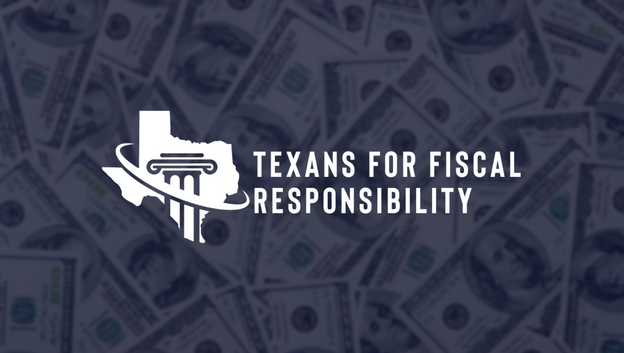
Texas should set the path forward for what is sound fiscal policy. Politicians have a clear mandate and a moral imperative to limit government spending better and abolish property taxes.
The overwhelming support among Republican voters, with 78% backing the 2024 proposition to eliminate property taxes without increasing the overall tax burden, speaks volumes about the public’s desire for fundamental tax reform. This is not just a political statement—it’s a call for a return to true property ownership, where Texans are not perpetually indebted to the state via an archaic property tax system.
Property taxes are an outdated relic from past centuries, functioning effectively as a continuous wealth tax, taxing unrealized capital gains. It’s the only major tax that individuals must pay indefinitely after the initial acquisition, making it a form of eternal rent paid to the government.
Such a system is economically stifling and fundamentally unjust, contradicting the notion of property rights enshrined in our values.
Critics like Chris Tomlinson at the Houston Chronicle argue against this necessary reform, wielding fear and misinformation. However, their stance overlooks the viable economic strategies and historical precedents that support a shift away from property taxes without diminishing public services or fiscal responsibility.
It’s crucial to dispel these myths and focus on a pragmatic yet bold approach to reform.
The fear-mongering about drastic increases in sales tax rates to compensate for the revenue from property taxes is unfounded. No serious proposal suggests such an extreme shift. Instead, the focus should be on an approach that focuses on limiting state and local government spending. This will provide a path to using surplus sales taxes to eliminate property taxes.
Texas could feasibly cover the costs associated with the state’s school finance formulas to fund government schools by strategically using surplus state funds. This avoids an increase in the overall tax burden.
One practical step forward is to phase out school district Maintenance & Operations (M&O) property taxes, a substantial part of the property tax burden. The state has considerable control over these through its school finance formulas, making this a logical starting point.
Texas can significantly reduce the property tax load without reducing educational funding by implementing more stringent spending limits and gradually using the resulting state surpluses to reduce these property tax rates.
Moreover, the gradual use of surpluses to reduce M&O taxes has been politically feasible and partially implemented, as seen in Texas’s legislative actions in 2019 and 2023. Although the debate has sometimes veered off course, the support by Governor Greg Abbott and others last year shows that significant progress can be made.
The remaining property taxes, which fund cities, counties, special purpose districts, and local debt, can also be addressed through similar fiscal restraint. Adopting a state-imposed spending limit akin to Colorado’s Taxpayer’s Bill of Rights (TABOR) could provide a model for local governments to follow, ensuring that surplus revenues are directed toward reducing property tax rates, eventually phasing them out entirely.
It’s also crucial to address the broader structure of Texas’s school finance system. This could be done independently or simultaneously, depending on the political will.
While eliminating property taxes, we must also consider reforms that empower parents and focus funding on students rather than bureaucratic systems. Universal Education Savings Accounts (ESAs) would be a transformative step in this direction, ensuring that funding directly supports students’ educational needs and choices while eliminating the complicated system.
The path forward for Texas is clear: By embracing a free-market approach that limits government expenditure and strategically reforms the tax system, Texas can eliminate property taxes, ensuring all Texans have the right to own their property. This isn’t just an economic issue—it’s a fundamental matter of liberty and justice.
As Texans, we must reject the status quo that ties property ownership to perpetual government payments and embrace a system that respects individual rights and promotes economic freedom. Let’s champion these changes to secure Texas’s prosperous and free future.
Texans for Fiscal Responsibility relies on the support of private donors across the Lone Star State in order to promote fiscal responsibility and pro-taxpayer government in Texas. Please consider supporting our efforts! Thank you!
Get The Fiscal Note, our free weekly roll-up on all the current events that could impact your wallet. Subscribe today!




